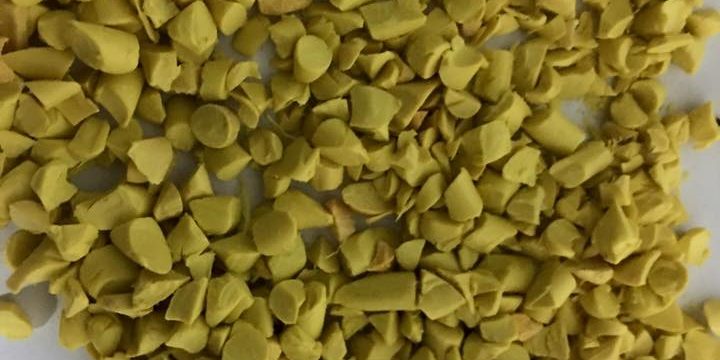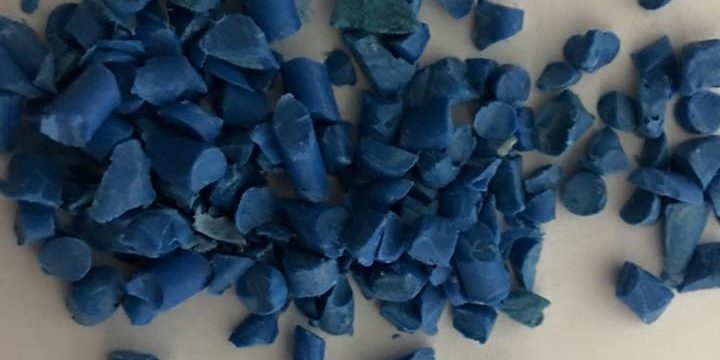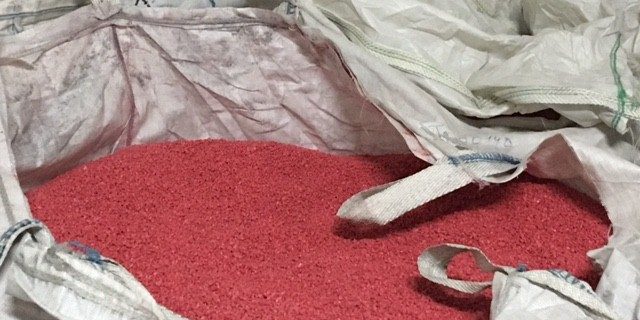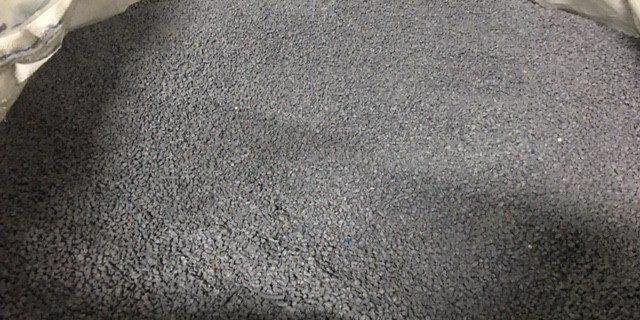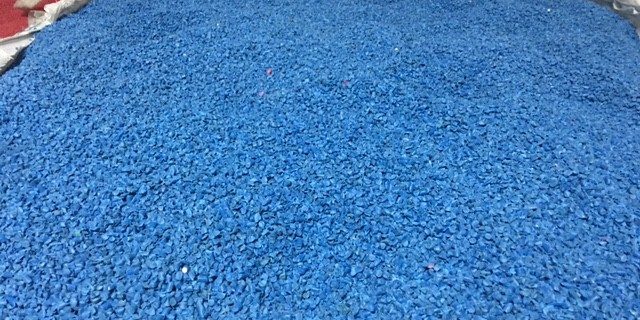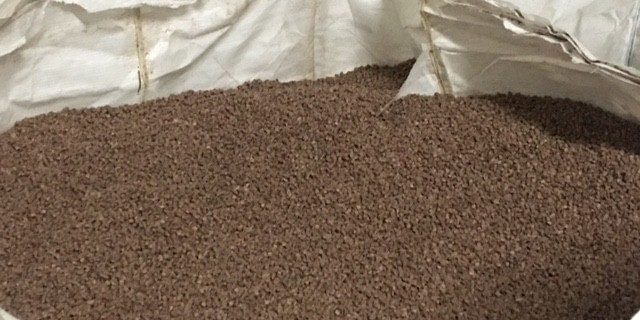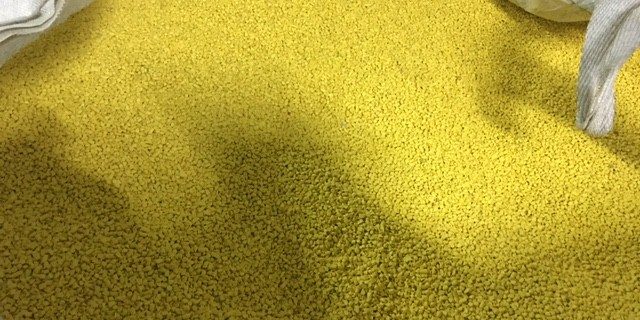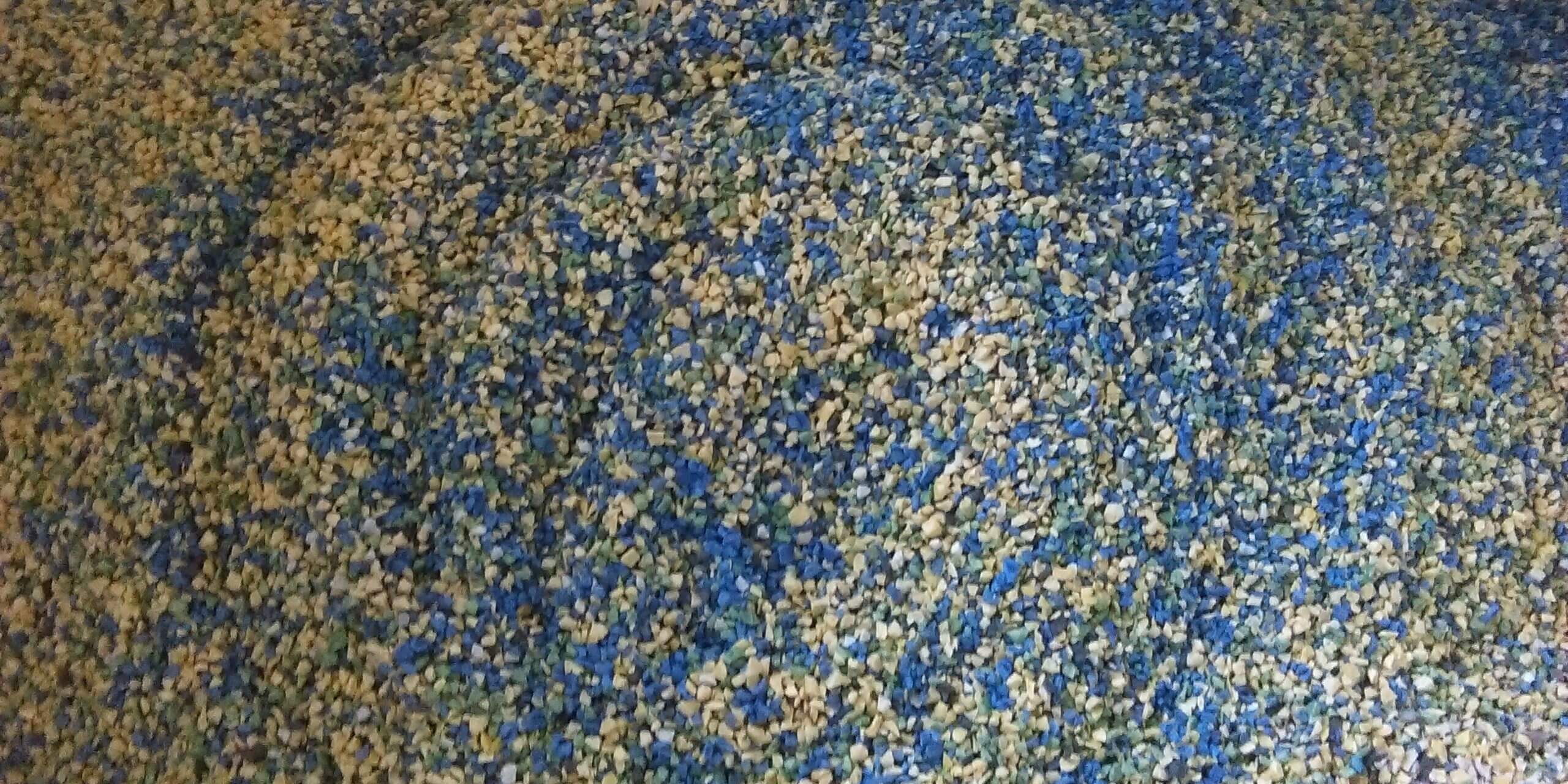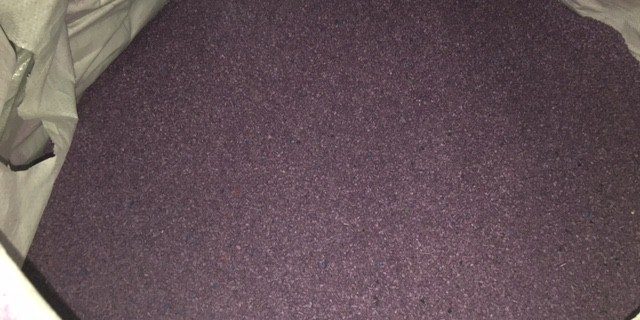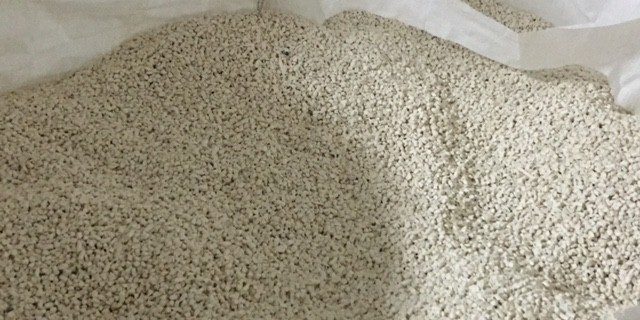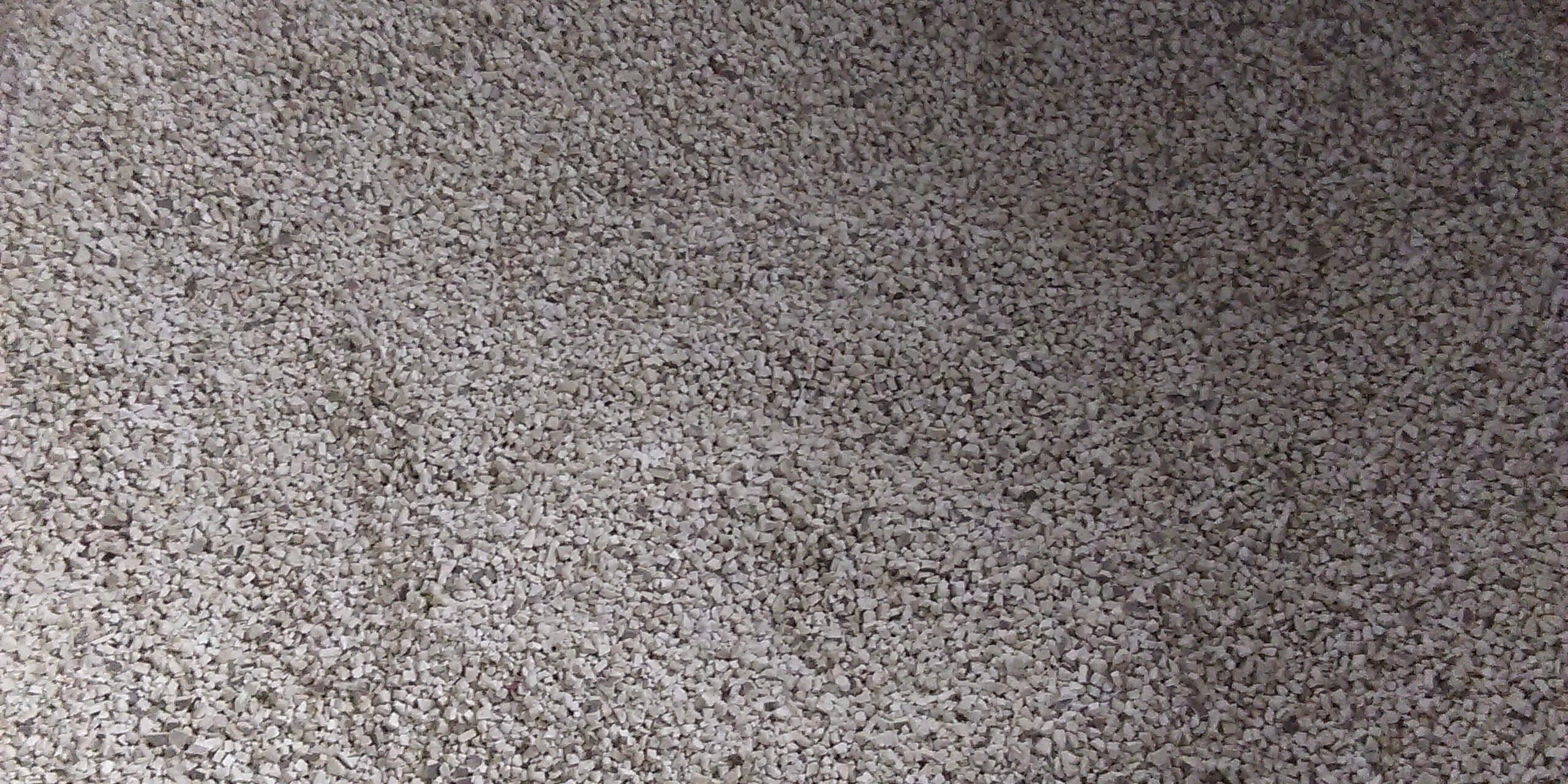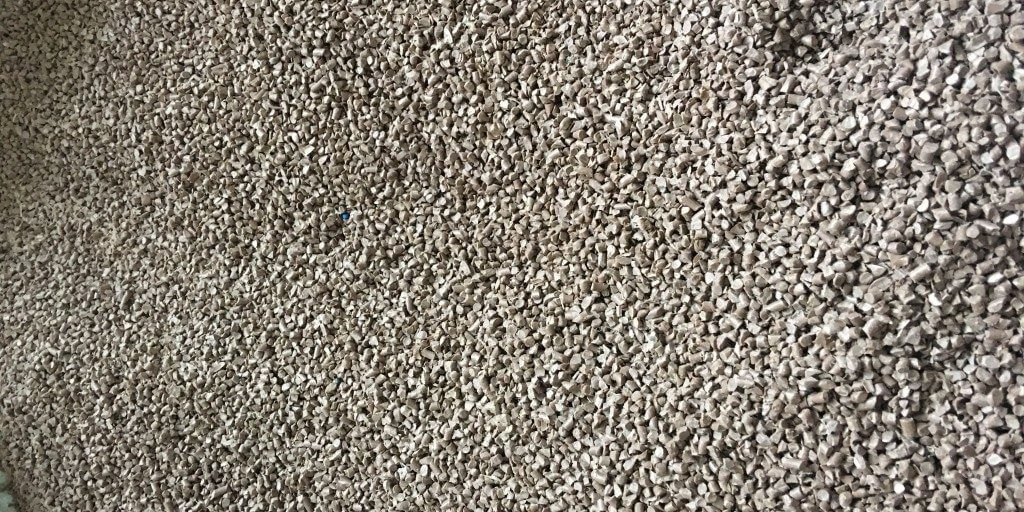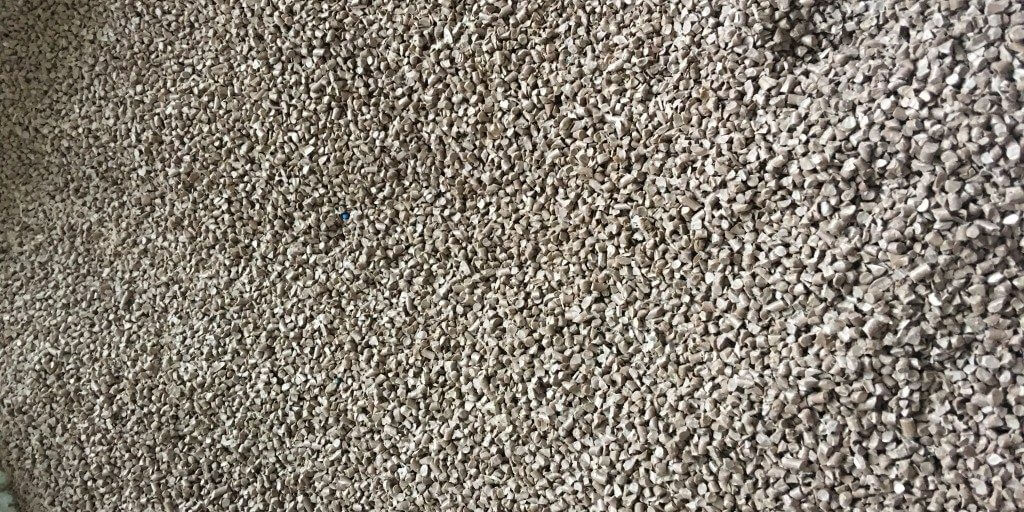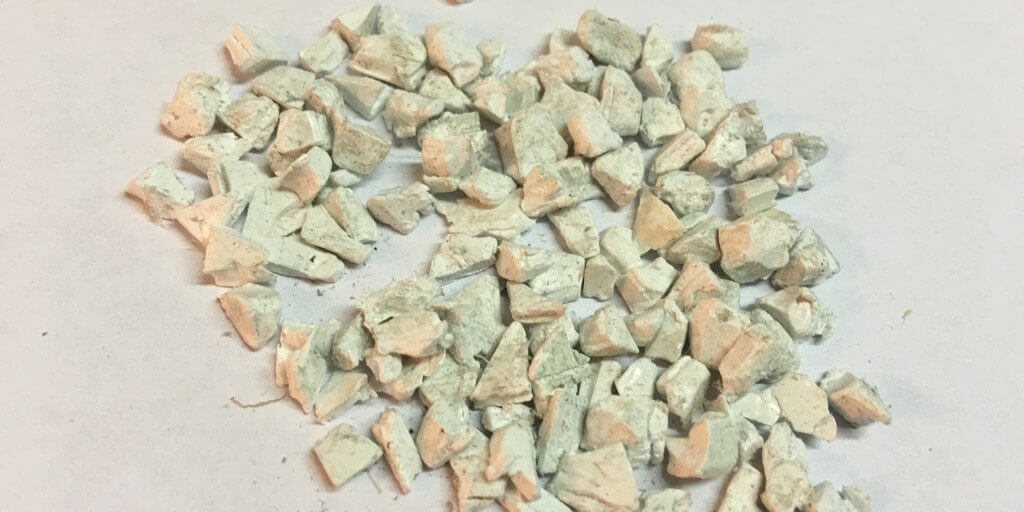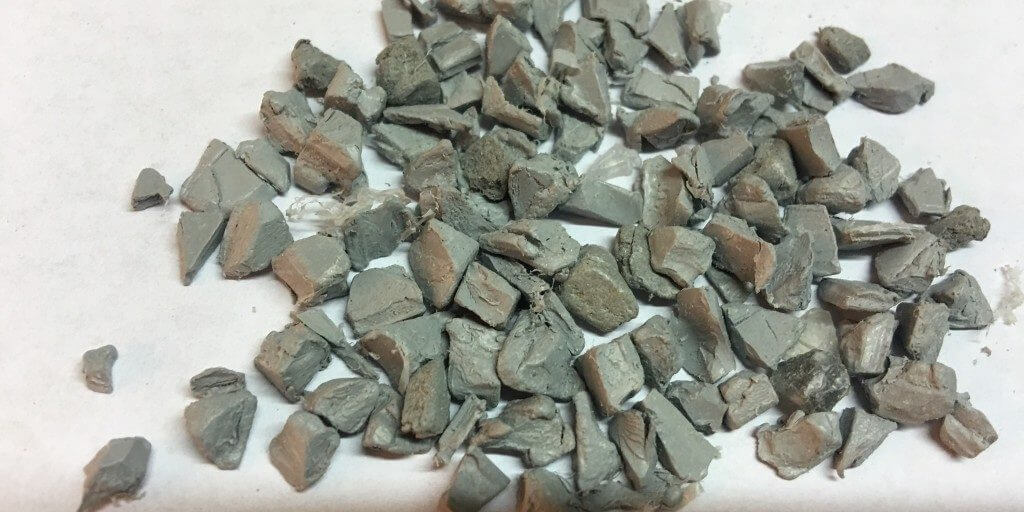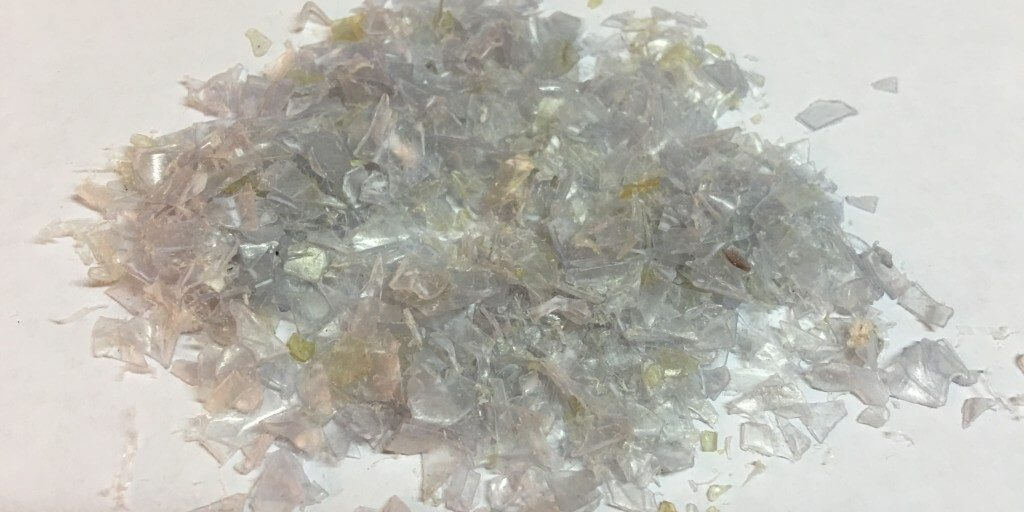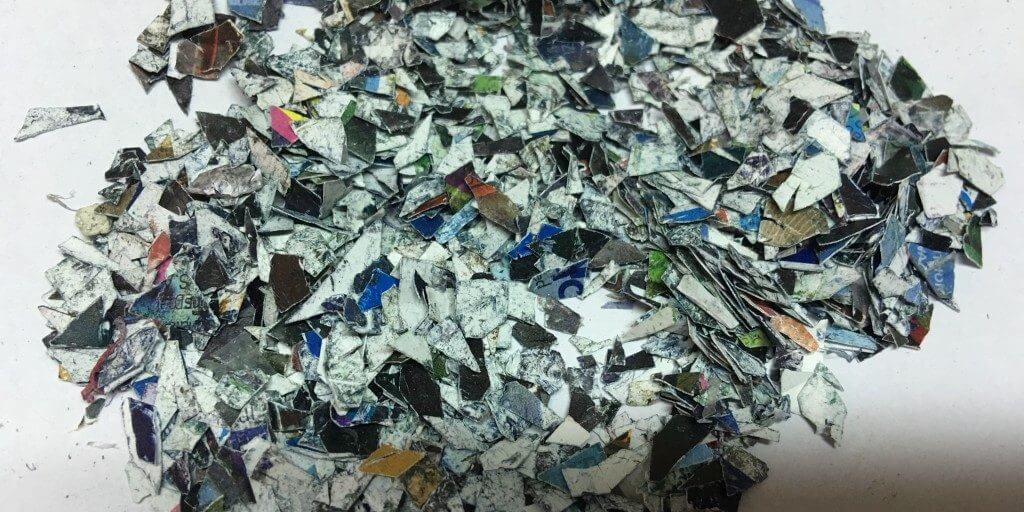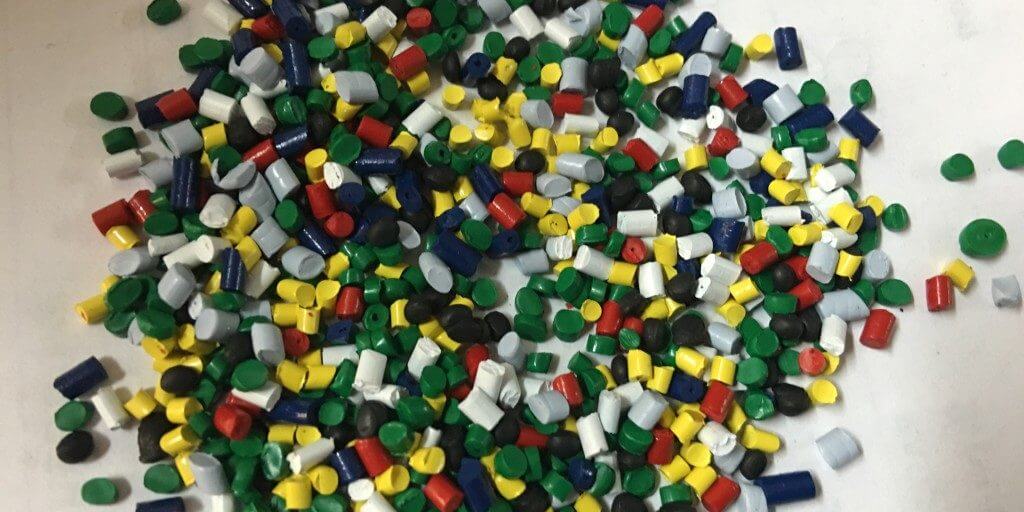Polyvinyl chloride (PVC) has the structural formula [-CH2-CHCl-] n with an average molecular weight of 10,000 to 100,000 and a chlorine content of about 57%.
It is obtained from the polymerization of vinyl chloride monomer: Vinyl chloride – polymerization – vinyl chloride polychloride
Polyvinyl chloride (PVC) – A thermoplastic material composed of polyvinyl chloride polymers. PVC is a colorless solid with outstanding resistance to water, alcohols, as well as concentrated and alkali acids.
Depending on the polymerization system, PVC types are different: (e) emulsion, (s) suspension, (m) mass, (sp) special and, depending on use: (g) general use and (p) .
The polymer is usually delivered as powder (seldom pearls for special applications), unstabilized. Finishing is done in heat, which causes degradation of the unstabilized polymer – release of chlorine, HCl, color change etc. – as a consequence, mandatory addition of stabilizing agents. Also added to the training compounds are various other additives such as: plasticizers, lubricants, dyes, fillers, etc., which allows to obtain a large variety of products with multiple properties
With over 11 years’ experience in this field, our company provides our customers with PVC grinding and granules.
Our mash is of two kinds:
1. PVC – ELASTIC mucinate
2. PVC milling – DUR


